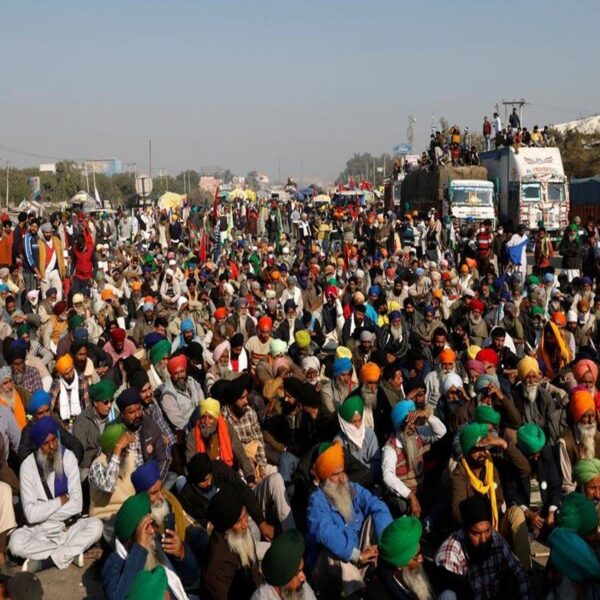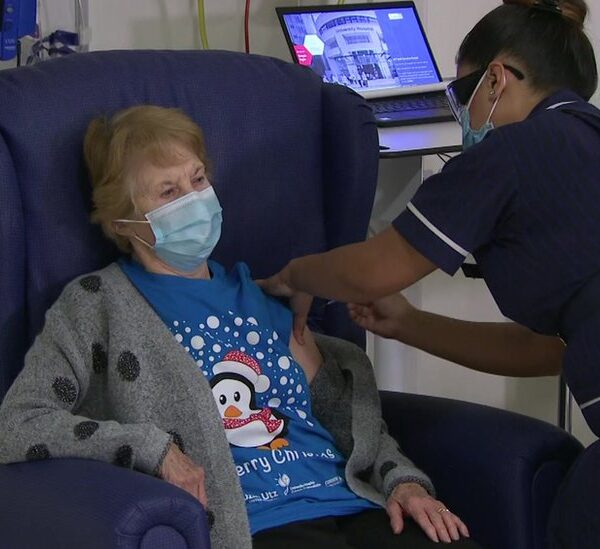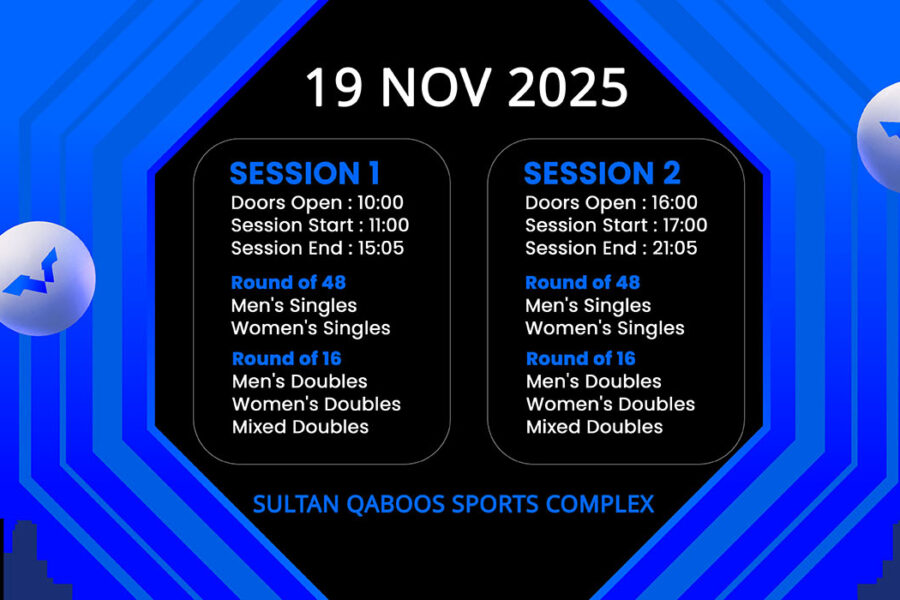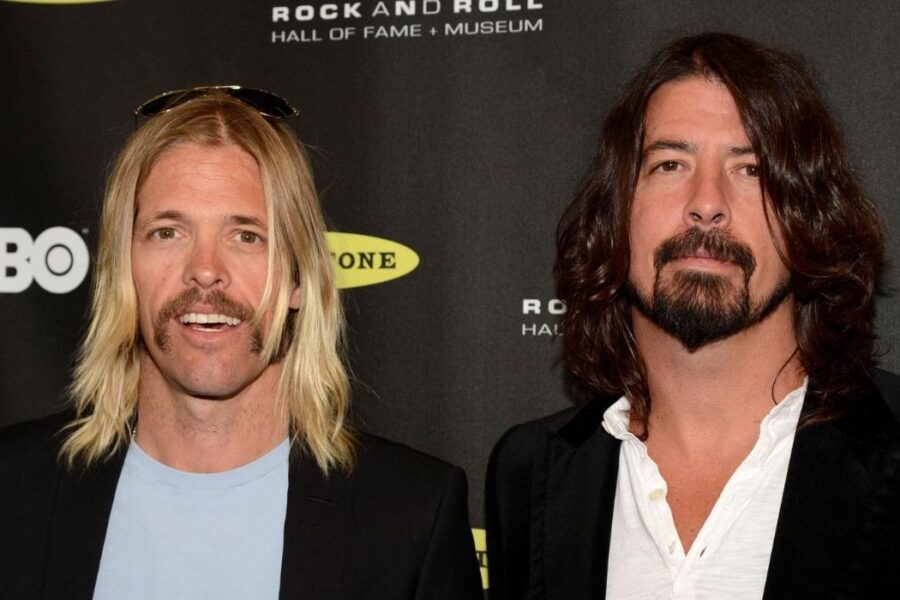UK Prime Minister Boris Johnson will travel to Brussels later this week to meet European Commission President Ursula von der Leyen in a last-ditch bid to reach a post-Brexit trade deal.
It comes after a 90-minute phone call between the two leaders on Monday failed to produce a breakthrough.
In a joint statement, they said the conditions for a deal were “not there”.
“Significant differences” remained on fishing, business competition rules and governance of any deal, they added.
“We asked our chief negotiators and their teams to prepare an overview of the remaining differences to be discussed in a physical meeting in Brussels in the coming days,” the leaders said.
BBC political editor Laura Kuenssberg said Wednesday or Friday appeared the “most likely” dates.
Labour welcomed the decision to keep talking, but shadow Cabinet Office minister Rachel Reeves said the prime minister should have been “more engaged in these negotiations months ago rather than leaving it to the 11th hour”.
- What happens if there’s a no-deal Brexit?
- Why is fishing important in Brexit trade talks?
- Brexit: What is a level playing field?
EU chief negotiator Michel Barnier and his UK counterpart Lord Frost have been locked in intensive talks for the past week. They will meet again on Tuesday to draw up a list of outstanding differences.
And on Thursday, EU leaders will meet at a summit in Brussels.
Brexit – The basics
- Brexit happened but rules didn’t change at once: The UK left the European Union on 31 January, but leaders needed time to negotiate a deal for life afterwards – they got 11 months
- Talks are on again: The UK and the EU have until 31 December to agree a trade deal as well as other things, such as fishing rights
- If there is no deal: Border checks and taxes will be introduced for goods travelling between the UK and the EU. But deal or no deal, we will still see changes







Leave a Comment